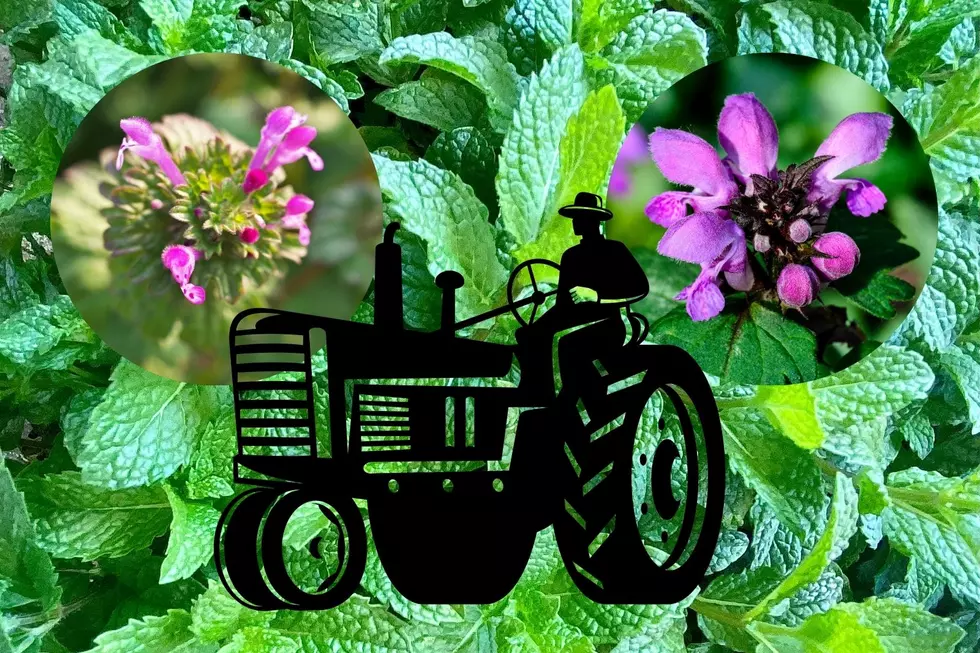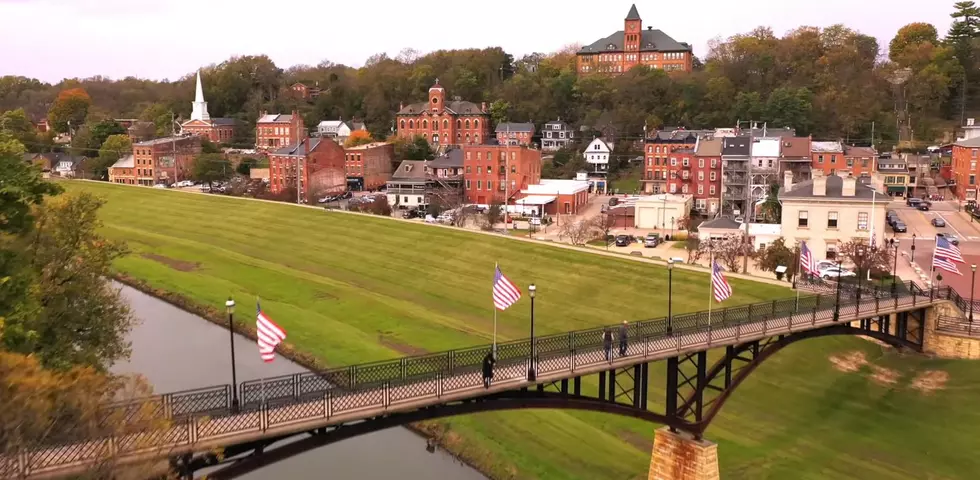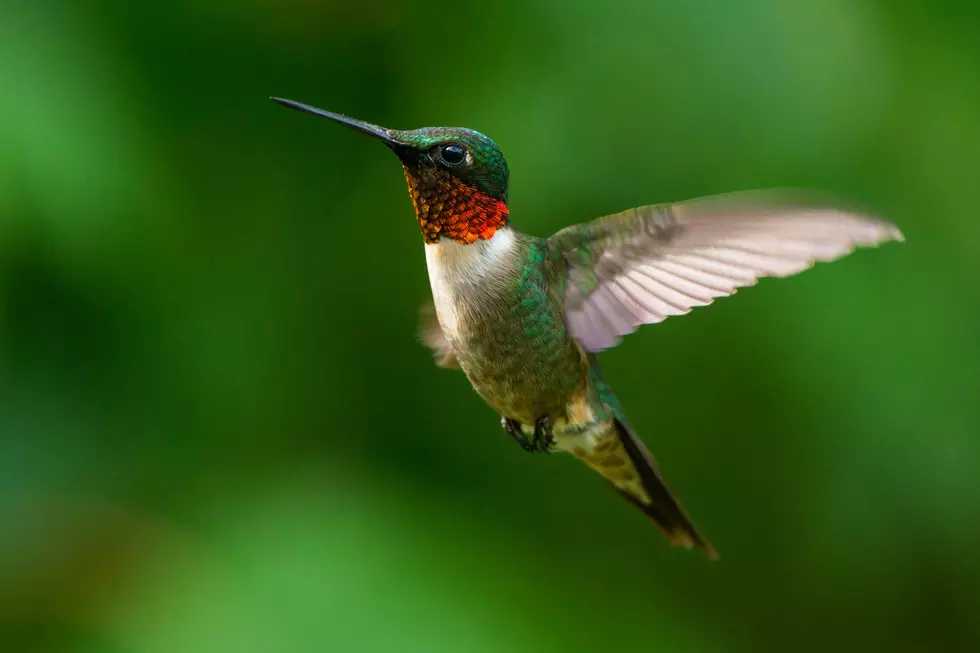
Purple Spring Invaders Wreak Havoc in Illinois and Iowa Fields
Already I have been cruising through the countryside of Iowa and have noticed something funky "growing" on – a sea of newly budding purple flowers. Now, before you start thinking it's some kind of floral paradise, let me clue you in as an old-school farm boy. Those pretty purple blooms are actually a major pain in the backside of your local farmers. Yep, I'm talking about henbit and purple deadnettle, two winter weeds that can cause all sorts of headaches in our fields.
Meet the creeping, colorful, culprits invading your fields, lawns, and ditches
So, what's the deal with these purple troublemakers? Well, henbit and purple deadnettle are the unwanted guests that just won't leave. They sneak into our fields in the fall, lay low during the winter, and then boom – come spring, they're popping up everywhere with their purple petals and square stems. It's like they're having a party, and we didn't even get an invite!
Here's the issue, dealing with these sneaky weeds is no picnic. In fact, if you were on a "picnic" with these weeds you'd leave hungry and thirsty. Henbit and purple deadnettle are resource HOGS. Our crops need water, sunlight, and nutrients, and these weeds gobble it up quickly. They slurp up all the nitrogen in the soil early in the season, leaving our crops high and dry. They compete with our corn and soybeans, making it harder for them to grow big and produce good yields. Plus, they attract pests we don't want anywhere near our food; like black cutworms and soybean cyst nematodes.
We feed the world, how can Iowa and Illinois stop these "beautiful" field killers?
Well, it's for sure a bit of a battle. We have to pull out all the stops – herbicides, tillage, you name it. It's like a showdown in the Wild West, with local farmers playing the role of the gunslingers, and henbit and purple deadnettle as the outlaws. My dad farmed for many years while I was growing up and now he works for Innovative Ag Services in Monticello, Iowa. This allowed me to chat with local agronomist Chris Kastek about a farmer's best-laid plan when dealing with this broadleaf.
According to the Chirs, the best practices for dealing with henbit and other broadleaf weeds involve a multi-faceted approach. Timely applications of herbicides like 24D or Dicamba are crucial for effective control, particularly when targeting broadleafs. Additionally, fall burn-down applications can help curb weed proliferation and set the stage for healthier fields in the subsequent planting season.

To prevent resistance buildup and maintain efficacy, Chris also emphasized the importance of rotational herbicide strategies. By alternating herbicide modes of action, farmers can mitigate the risk of resistance development and sustain long-term weed management effectiveness. Through a combination of proactive weed control measures and strategic herbicide rotations, farmers can effectively combat the encroachment of henbit, purple dead nettle, and other broadleaf weeds, safeguarding their crops and ensuring an optimal yield.
But here's the thing – this ain't no one-time showdown. It's more like an ongoing saga of the O.K. Corral: EVERY. SINGLE. YEAR. Farmers have to stay vigilant, keeping an eye out for those purple blooms, and book early treatments to take 'em down whenever they rear their "ugly" heads.
So, next time you're driving past those purple fields in Iowa and Illinois, just remember – behind those pretty blooms lies a battle raging between farmers and the nefarious winter weeds. It's a struggle, no doubt, but those Midwest farm boys? They usually don't back down from anything.
Counties with the Most Farmland in Illinois
Gallery Credit: Stacker
LOOK: Best counties to raise a family in Iowa
Gallery Credit: Stacker
More From 104-5 KDAT









